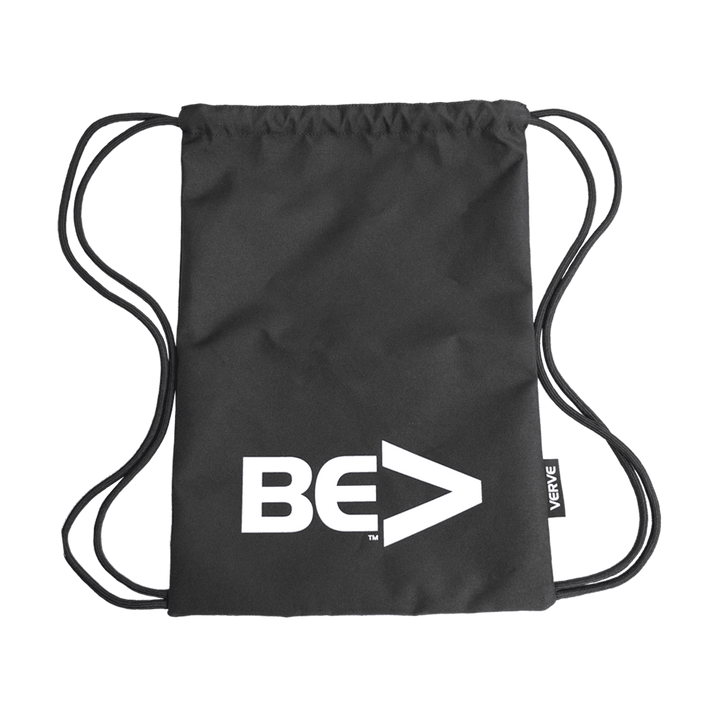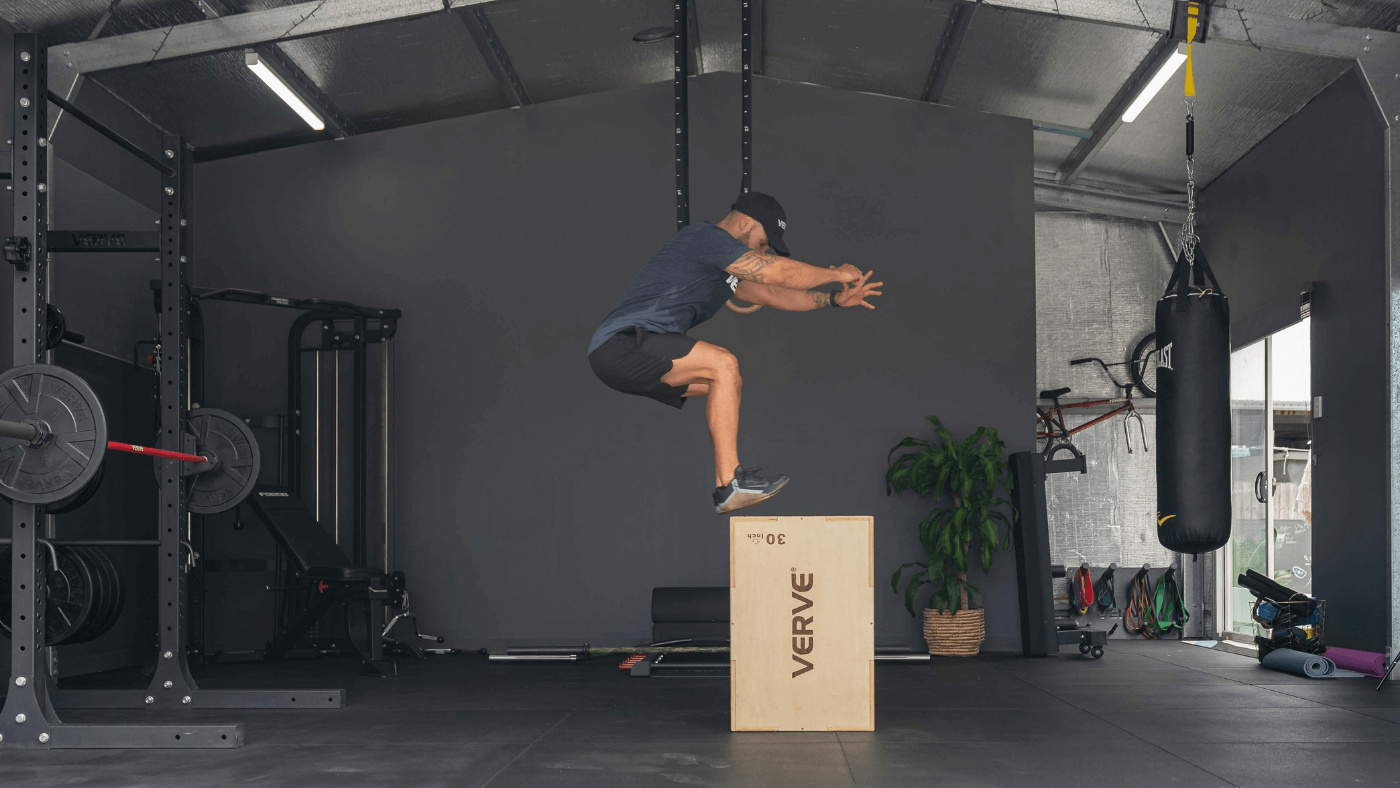Maybe you’ve noted the crazy times being posted by the leaders in this year’s CrossFit Open but people seem to be getting fitter, faster, and stronger every year! We’re not going to tell you it’s all down nutrition and supplements, but the science behind both suggests that you’re unlikely to be skipping our on key items if you’re performing at your peak.
Here are five supplements that the VERVE Squad have noted are their top picks for to optimise your functional fitness performance!
1. CREATINE MONOHYDRATE
Top of the list (and unlikely to be a big surprise) is Creatine Monohydrate (or just ‘creatine’) and this is at the top supplement pick for powerlifters, bodybuilders, endure athletes and anyone working out or playing sport.
Creatine is a naturally occurring substance (by way of your kidney and liver, after you eat protein). Animal proteins, particularly red meat, and fish, contain creatine naturally, but not in amounts that can be delivered by supplements. Creatine can’t replace protein (before you ask) but s a good complement to a healthy and balance diet.
Creatine has been proven to deliver increases in muscle mass and strength while giving a zip to your high intensity workouts. There is some suggestion that it has positive impacts on your body composition, but the jury is out on that point. As supplements go, Creatine is easy to access, very affordable and super easy to take as part of any routine.
From a functional fitness perspective - creatine delivers the amount of phosphocreatine (PCr) that your muscles need to perform high-intensity exercise (it’s like muscle fuel) and lord knows that every bit counts.
RECOMMENDED: Each brand of creatine has different approaches to loading, maintenance, and quantities so it’s important to read (and follow) the instructions. Generally, you’ll take 5g/day and you’ll need to do this every day as a maintenance dose. Some brands have a ‘loading’ period, but not all of them.
HOT TIP: We can’t stress enough that following the instructions is key, taking too much won’t give you more benefit and will make you bloated (and you can expect to carry around a bit of excess water weight for the first few weeks of taking it). Some VERVE Squad members noted a bit of cramping in the first week of using creatine, but nothing serious.
2. BETA-ALANINE
Ever felt the latest AMRAP has you failing a bit too early? It’s the pace of a functional WOD that is often delivers the intensity (and heaps of lactate and hydrogen ion build-up in muscles). While you might not know what all that means, you’ll probably know what all that feels like - it’s that deep and uncomfortable muscle burn that can end a workout quick.
Beta-alanine increase your body's stores of carnosine, which helps to get rid of extra hydrogen ions which then gives you a chance to keep going (volume wise) by keeping the burning away for a bit longer.
RECOMMENDED: You need to take beta-alanine every day, not just in your pre-workout or when you’re feeling the burn – every day! Most recommend a minimum of 3 grams per day, but each product will have different concentrations (so read the instructions… there’s a theme emerging here!)
VERVE Squad members note a spectrum of ‘tingling feelings’ – from mild to pretty full-on, and this seems to be 100% connected to taking beta-alanine. If you’re not a fan of that feeling then you can split your dose into smaller servings throughout the day (but it’s not suggested to drop the total amount you take for the day).
HOT TIP: Just because your pre-workout has beta-alanine (creatine, or just about anything else), be sure to check out just how much because you’ll likely need to supplement your supplements!
3. BCAAs
BCAAs are as common as hex dumbbells around any box or gym - they taste good and help with hydration, but hitting the BCAAs before or during workout can assist with recover and muscle soreness after a tough session.
RECOMMENDED: Take 6-10 grams of total amino acids before or during your workout. Look for products that contain a 2:1:1 or 3:1:1 ratio of leucine:isoleucine:valine to make sure you're getting the leucine you need to maximize muscle recovery.
4. FISH OIL
Recovery is just as important to your strength training, muscle building and all-round performance and consuming fish oil has long been flagged as an ideal way to optimizing your recovery. Fish oil is an excellent source of omega-3 fatty acids (tell me more!)
There are two essential fatty acids in fish oil; EPA and DHA. You’ll need both of these important fatty acids in your routine to help reduce post-exercise muscle soreness and speed up your recovery process.
RECOMMENDED: Aim for between 1.5g to 3g of EPA and DHA per day
HOT TIP: Consuming fish oil with a meal (especially one with a bit of fat in it) can help with absorption.
5. PROTEIN POWDER
Honestly, unless you’ve made a career out of training (and food prep) you probably haven’t dialled in your protein requirements if you aren’t taking supplemental. In some cases, you might just be missing out on macros that see you falling short of your goals. Whatever your specific situation, having the right protein powder and a shaker on hand can cure what ails you.
Here is the challenge – because everyone knows the power of protein, there are almost too many to choose from, which one is right for you?
The most common is protein derived from milk – whey and casein are just two parts of milk and when combined, they are called ‘milk protein isolate’ – which is essentially powdered milk.
Whey is a fast-digesting protein so is great for a post-workout solution. Whey improves muscle recover and adaptation after strenuous exercise. Whey protein powder is a ‘complete’ protein because it contains all nine essential amino acids plus it contains leucine, isoleucine, and valine, which are branched-chain amino acids (BCAAs) important for muscle building.
Casein protein is slow acting – a great option for getting your body building back. Casein is great to maintain high rates of building muscle and low rates of muscle breakdown – so can also help with controlling hunger!
Plant-based protein or Vegan protein are mostly derived from brown rice, pea, soy or hemp (or a combo of these) and offer up a great option to people who are sensitive to lactose. There are some notable drawbacks from consuming huge amounts of soy – but there are lots of studies that indicate that a high-quality plant-based protein can match or better the milk-based counterparts.
RECOMMENDED: A hit of 20g to 40g post-workout (whey) or about the same between meals so your body can continue to build and repair your muscles (casein). Check out the characteristics of your plant-based protein to see which of these two it best aligns with.
If you are thinking of getting any of the above mentioned nutrition supplements, have a look at our friends at Nutrition Warehouse, they have everything you need!
*NOTE: it is critical to speak with your health professional or a nutrition specialist to ensure you follow the best approach for your individual needs and circumstances regarding nutrition supplements. None of the information contained in this post is intended to be taken as instructions or recommendations.
VERVE Infinity Gym Sack
$29
The VERVE Gym Sack is made 100% from recycled polyester and is perfect for those carrying small items to and from the gym or training. You can even use it for beach days! Features: Made from 100% Recycled Polyester. Ventilation… read more |





